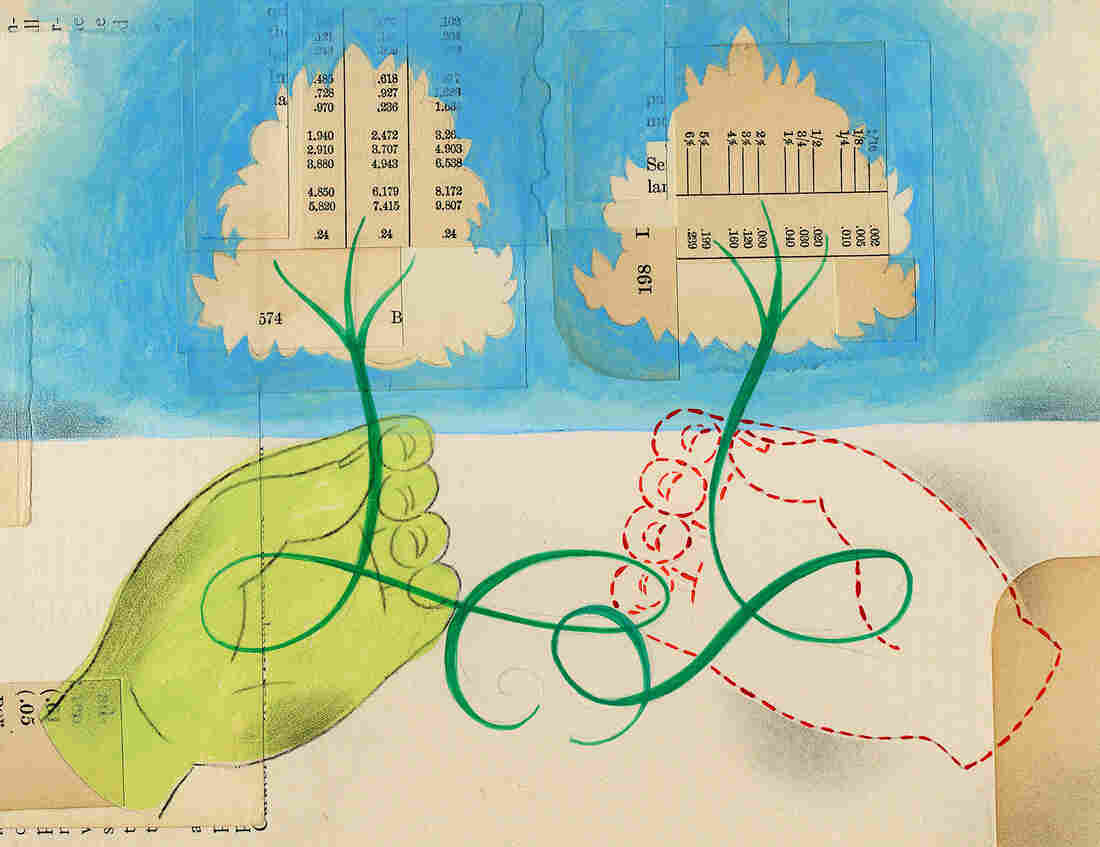August Jobless Data To Influence Fed's Decision On Hiking Interest Rates
Federal Reserve Vice Chairman Stanley Fischer, speaks during a Board of Governors of the Federal Reserve System meeting in July. Manuel Balce Ceneta/AP hide caption
itoggle caption Manuel Balce Ceneta/AP
There’s a special significance to the monthly jobs report that will be released Friday morning. It could tip the balance for the Federal Reserve. Policymakers are weighing whether to raise the Fed’s official interest rates later this month. It’s something the Fed hasn’t done since before the Great Recession.
Surveys of economists are predicting that job growth in August will be right around the current trend of about 220,000 new jobs a month, and they think the unemployment rate will tick down a notch to 5.2 percent.
Megan Greene, chief economist at Manulife Asset Management, says that sounds about right. But she says she doesn’t think that will necessarily convince the Fed to raise rates later this month. She says the reason to hike rates is to head off inflation, and there’s no inflation in sight.
Greene believes that’s because U.S. wage growth has stagnated as U.S. workers compete with an oversupply of cheap labor around the globe.
“As long as there is this oversupply of cheap labor, we’re not going to see wages start to push up in the U.S. really, and as long as wages aren’t pushing up, inflation isn’t pushing up,” Greene says.
If wage increases are meager, workers don’t have enough disposable income to compete for goods and inflate the price of things like houses or furniture or restaurant meals.
But the vice chairman of the Federal Reserve Board of Governors, Stanley Fischer said last week that if the Fed waits until it actually sees inflation, it will be too late. And many economists argue it’s time for the Fed to act. They point to strong auto sales, growth in construction spending, an unemployment rate heading toward 5 percent and solid growth numbers in the spring.
But Greene isn’t convinced. “The labor market is very slowly improving but I don’t think it justifies a rate hike. Particularly when you consider all the risks, externally, and that includes China and volatility coming from China, but also don’t forget the Greeks are going back to the polls on September 20th,” she says.
That’s just three days after the Fed meeting. Greene says there’s a good chance the Greek outcome could spark more financial uncertainty. That would add more volatility to global financial markets still recovering from their convulsions over the slowdown in China’s growth. Greene says the U.S. economy could suffer negative impacts as a result, so the Fed should remain cautious.
This entry passed through the Full-Text RSS service – if this is your content and you’re reading it on someone else’s site, please read the FAQ at fivefilters.org/content-only/faq.php#publishers.




